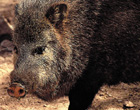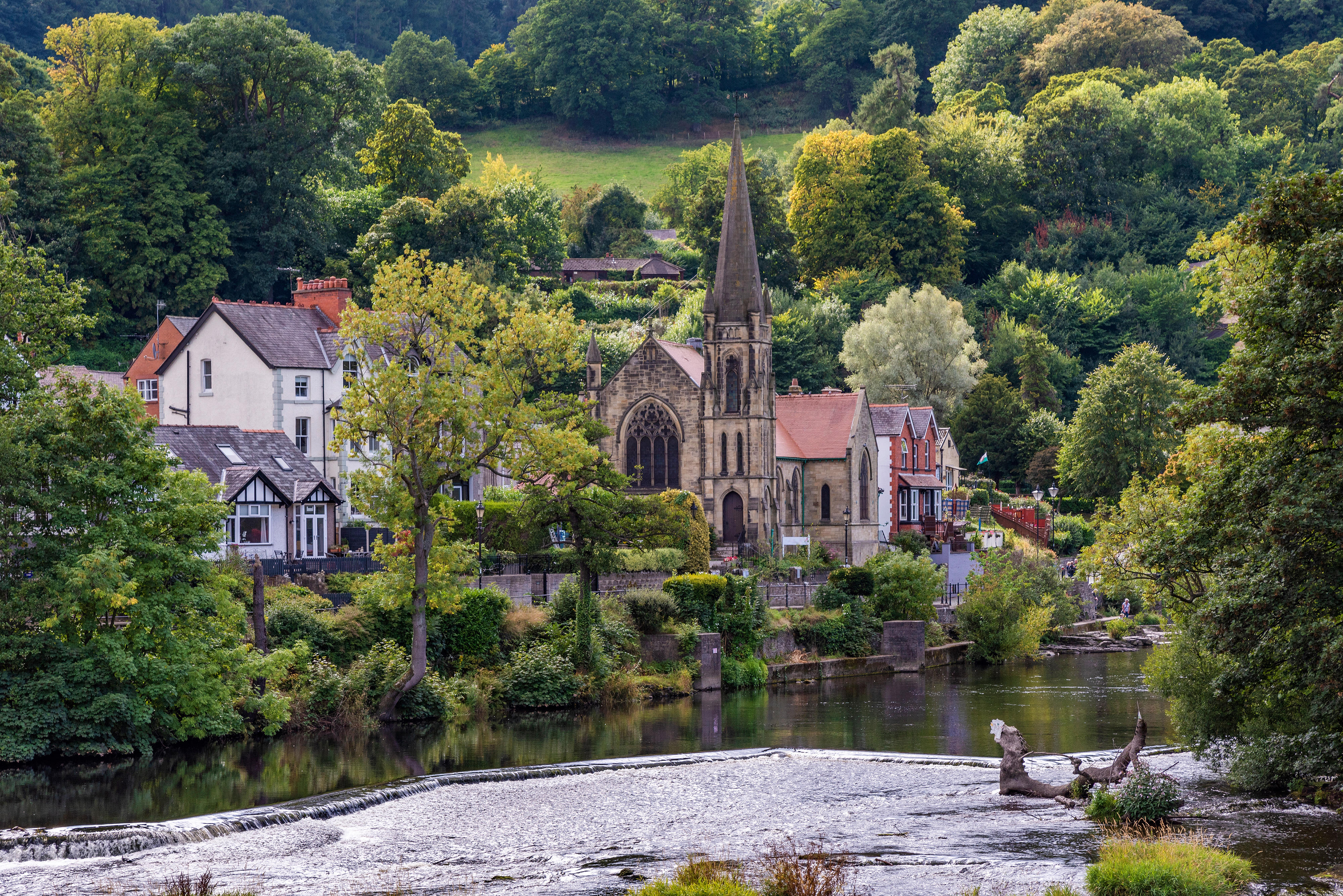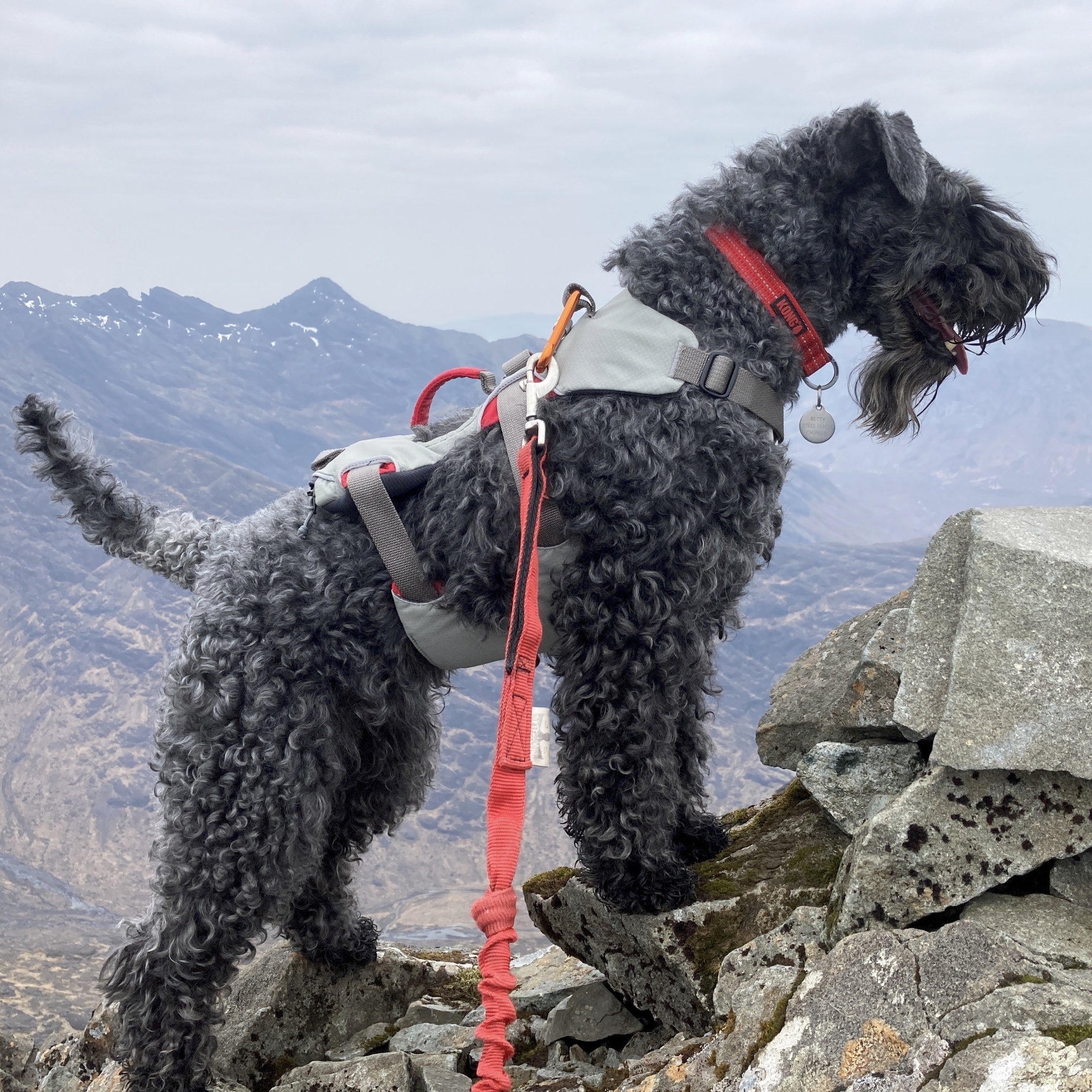Producer: Scottish wild boar
Six years ago a City worker threw in the towel and set up a wild boar farm in the Highlands near Inverness


Lucinda Spicer says of her wild-boar farming: 'It's very different from working in the City.' She and her former-City husband, Ernest Smart, have farmed wild boar on the Highland hills near Inverness for six years (Scottish Wild Boar, 01463 741807; www.scottishwildboar.co.uk). They now have 200 animals 160 for meat and 40 breeding stock which live wild in large enclosures among the forests and bracken. They come from the East European species and were bought
via Sweden 'because Sweden is picky about the breeding and we were less likely to end up with pigs'. Gradually, the stock has been improved to reduce any domestic pig element. Unusually, the company's animals are tagged. Unusually, because it's so difficult to get close enough to the beasts. 'Unless you work with them from day one, it's impossible to handle them. I've had some spectacular bruises and they bite they have
flesh tearing teeth.
They're killers,' she says, agreeing that rearing wild boar needs lion tamer's skills. They're also strong enough to knock down walls and telegraph poles. Few locals are willing to work with them, so Miss Spicer does it herself. The meat itself is 'fine textured, and has little fat and no porky tang. It's just different.' But, until April, it won't be available, as the animals have now started to farrow. Even then, unless you live around Beauly, you'll probably need to find a different supplier or a butcher who'll buy whole carcasses from them. But there is good news.
The wild boar have made a spectacular difference to bracken and gorse scrub on the hills. When these destructive weeds are gone, the land regenerates itself within two years. 'The increase in birds has been phenomenal. We have barn owls, so we don't need to use rat poison.' Wild boar were hunted to extinction 200 years ago in Scotland. Putting them back on the land has been good news all round.
Sign up for the Country Life Newsletter
Exquisite houses, the beauty of Nature, and how to get the most from your life, straight to your inbox.
Country Life is unlike any other magazine: the only glossy weekly on the newsstand and the only magazine that has been guest-edited by HRH The King not once, but twice. It is a celebration of modern rural life and all its diverse joys and pleasures — that was first published in Queen Victoria's Diamond Jubilee year. Our eclectic mixture of witty and informative content — from the most up-to-date property news and commentary and a coveted glimpse inside some of the UK's best houses and gardens, to gardening, the arts and interior design, written by experts in their field — still cannot be found in print or online, anywhere else.
-
 About time: The fastest and slowest moving housing markets revealed
About time: The fastest and slowest moving housing markets revealedNew research by Zoopla has shown where it's easy to sell and where it will take quite a while to find a buyer.
By Annabel Dixon
-
 Betty is the first dog to scale all of Scotland’s hundreds of mountains and hills
Betty is the first dog to scale all of Scotland’s hundreds of mountains and hillsFewer than 100 people have ever completed Betty's ‘full house’ of Scottish summits — and she was fuelled by more than 800 hard boiled eggs.
By Annunciata Elwes